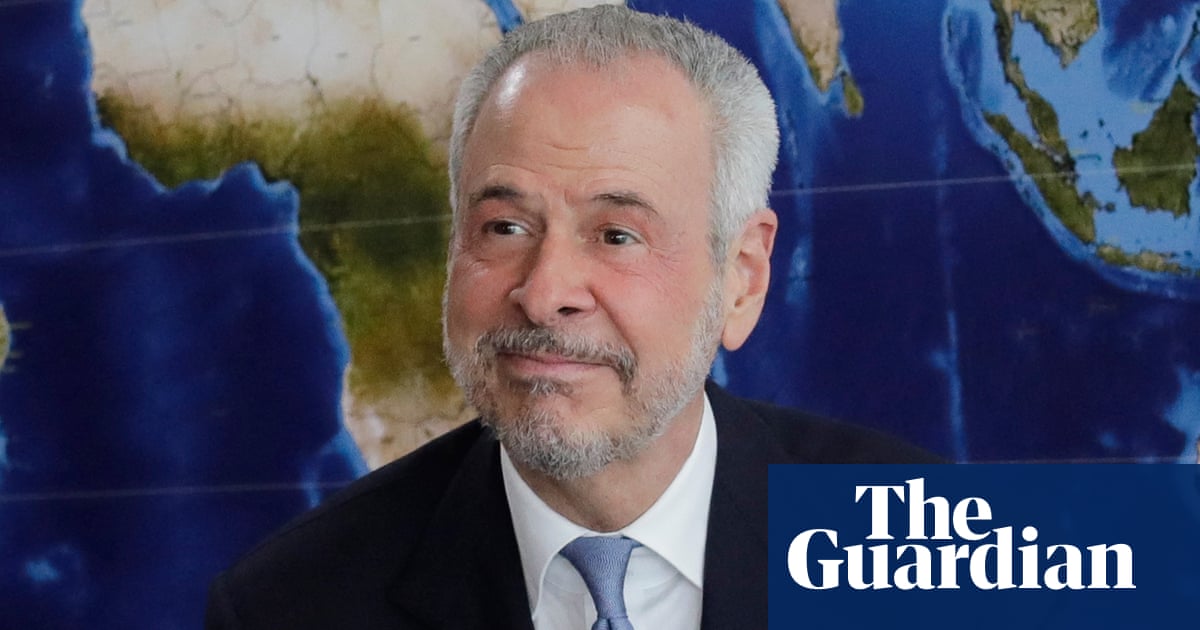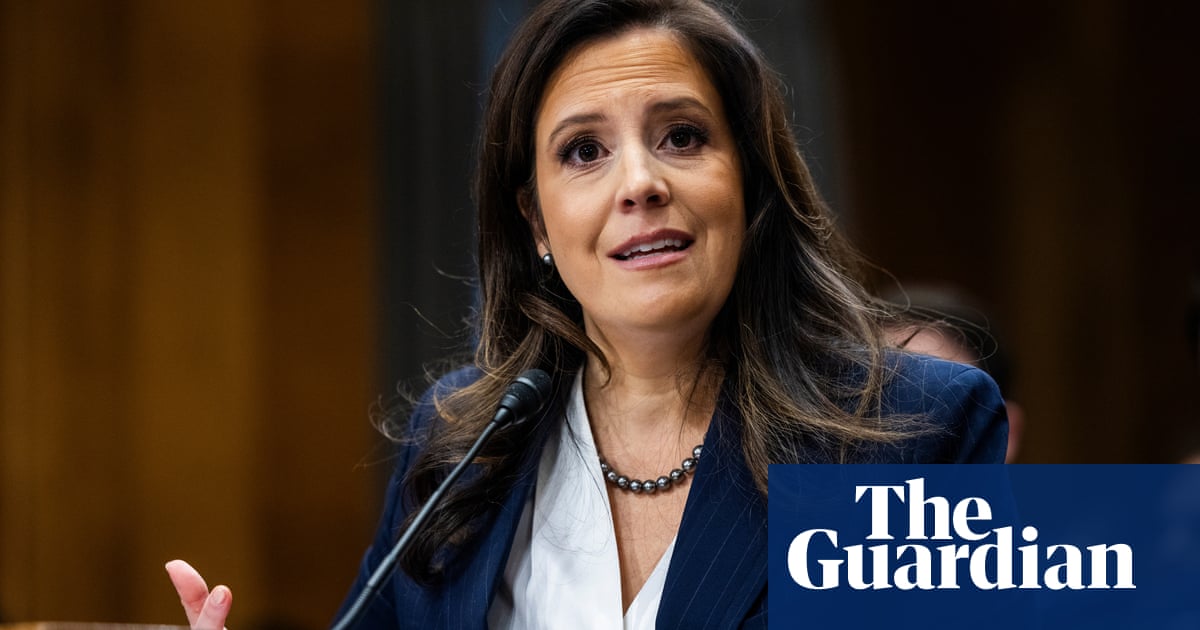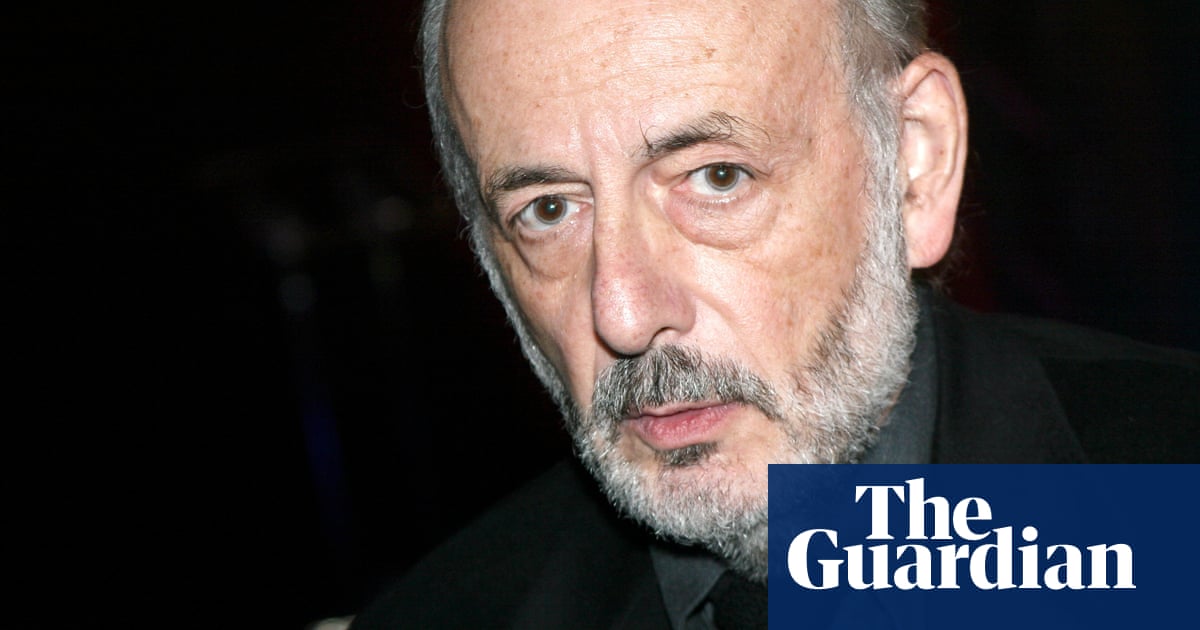The British Broadcasting Corporation’s Somali service theme tune is one of the most popular and recognisable sounds for people in Somalia and the diaspora. With a whistling rhythm and melody, it is authoritative and catchy. The words that follow the music haven’t changed for more than 60 years: “Halkaniwaa BBC – this is the BBC.”
Hiding in plain acoustics, however, is the fact that the lyrics originally written – although not used – for the music are deeply anti-colonial, and deliberately designed to be remembered by Somalis every time they listen to the British radio station’s instrumental. In essence, the theme is an anti-colonial free ad on the coloniser’s airwaves, a fervent proclamation and calling to attention for the public.
It was in 1957 that the BBC asked Radio Hargeisa, now the national Somaliland broadcaster, to find a theme song for its recently launched Somali service. At that time the British national radio service was broadcasting two news programmes a week to the region. The legendary Somali composer and poet Abdullahi Qarshe, then a broadcaster at Radio Hargeisa, gave them his song but removed the lyrics, offering the unwitting BBC managers an instrumental version behind which hid the true message of rebellion against British rule.
Qarshe’s composition captures a yearning for freedom and hope for rightful ownership of land. It is a powerful expression and longing for self-rule. The opening lines of the lyrics are:
Dadkaan dhawaaqayaa,
Dhulkooda doonayaa,
Hadday u dhiidhiyeen,
Allahayow u dhiib
This translates as: “These people calling out, yearning for their land. If they rise up for it, Oh God, grant them (their wish).”
The BBC Somali Service was intended to counter the influence of the Egyptian broadcasting that was popular in Somalia at the time, and which was promoting anti-colonial, self-rule sentiments.
Somalis are a deeply oral society, a traditional way to maintain social cohesion and pass down wisdom through generations. We are also news enthusiasts, something the British occupiers discovered and exploited with the BBC Somali service.
What the Brits didn’t factor in is the wit of the Somalis that has been sharpened through that oral tradition, and their love for intricate and expressive forms of verbal art.
Somali poetry, for instance, is sometimes deeply coded with meanings hidden in layers of words.
So, when a BBC theme song was requested from Qarshe he saw an opportunity to weave in an anti-British colonial message that would be understood immediately by Somali listeners. His subterfuge was easily deciphered, the lyrics well-known from renditions of the song in its full glory elsewhere.
He added another rebellious twist when he named the tune Araweelo’s Gait. Araweelo is a mythical figure in Somali folklore, a powerful queen who ruled over a largely matriarchal society. A strong, cunning and highly intelligent woman, in Somali tales she is a champion of independence.
The British may subsequently have gained influence across the Horn of Africa and made the BBC a popular news and information source for the Somalis but 67 years on, the signature tune hasn’t changed. You still hear those unsung words in your head: “These people calling out, yearning for their land, If they rise up for it, Oh God, grant them (their wish).”

 4 weeks ago
44
4 weeks ago
44













































